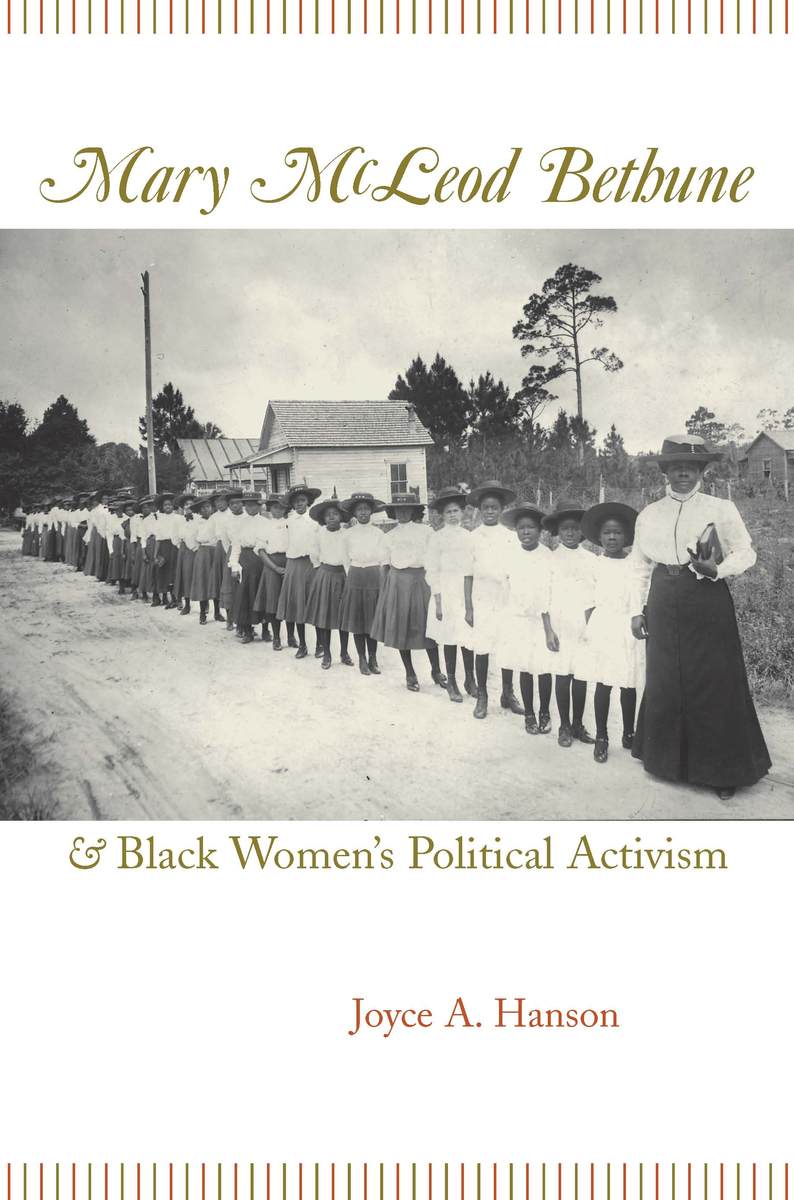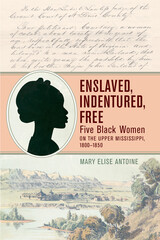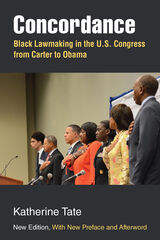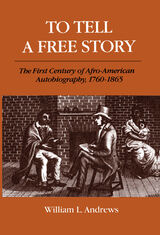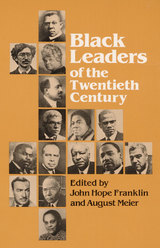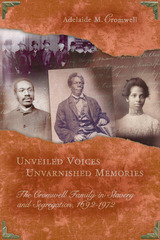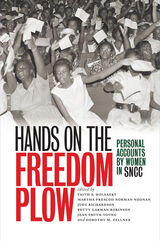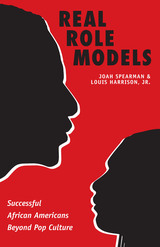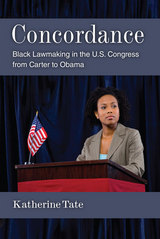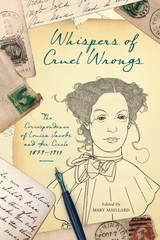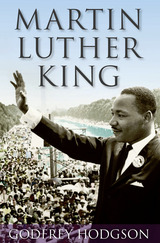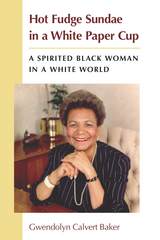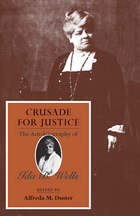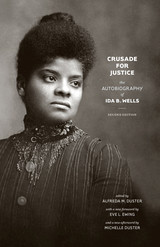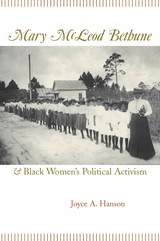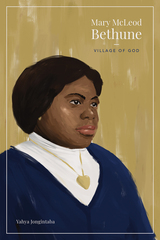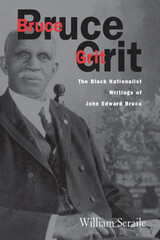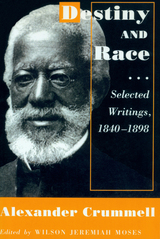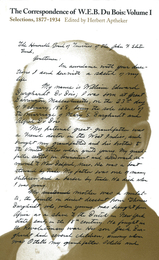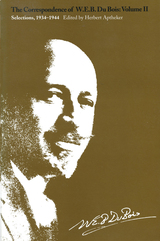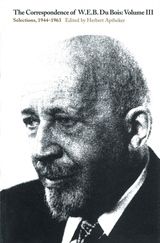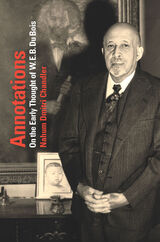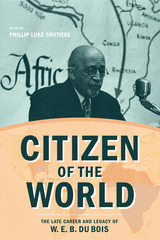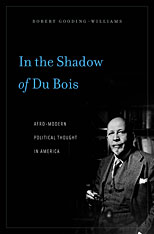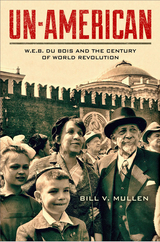Paper: 978-0-8262-2154-4 | Cloth: 978-0-8262-1451-5 | eISBN: 978-0-8262-6404-6
Library of Congress Classification E185.97.B34H36 2003
Dewey Decimal Classification 370.92
Mary McLeod Bethune was a significant figure in American political history. She devoted her life to advancing equal social, economic, and political rights for blacks. She distinguished herself by creating lasting institutions that trained black women for visible and expanding public leadership roles. Few have been as effective in the development of women’s leadership for group advancement. Despite her accomplishments, the means, techniques, and actions Bethune employed in fighting for equality have been widely misinterpreted.
Examining the historical evolution of African American women’s activism in the critical period between 1920 and 1950, a time previously characterized as “doldrums” for both feminist and civil rights activity, Mary McLeod Bethune and Black Women’s Political Activism is important for understanding the centrality of black women to the political fight for social, economic, and racial justice.
See other books on: 1875-1955 | African American women | African American women political activists | African American women social reformers | Juvenile literature
See other titles from University of Missouri Press
